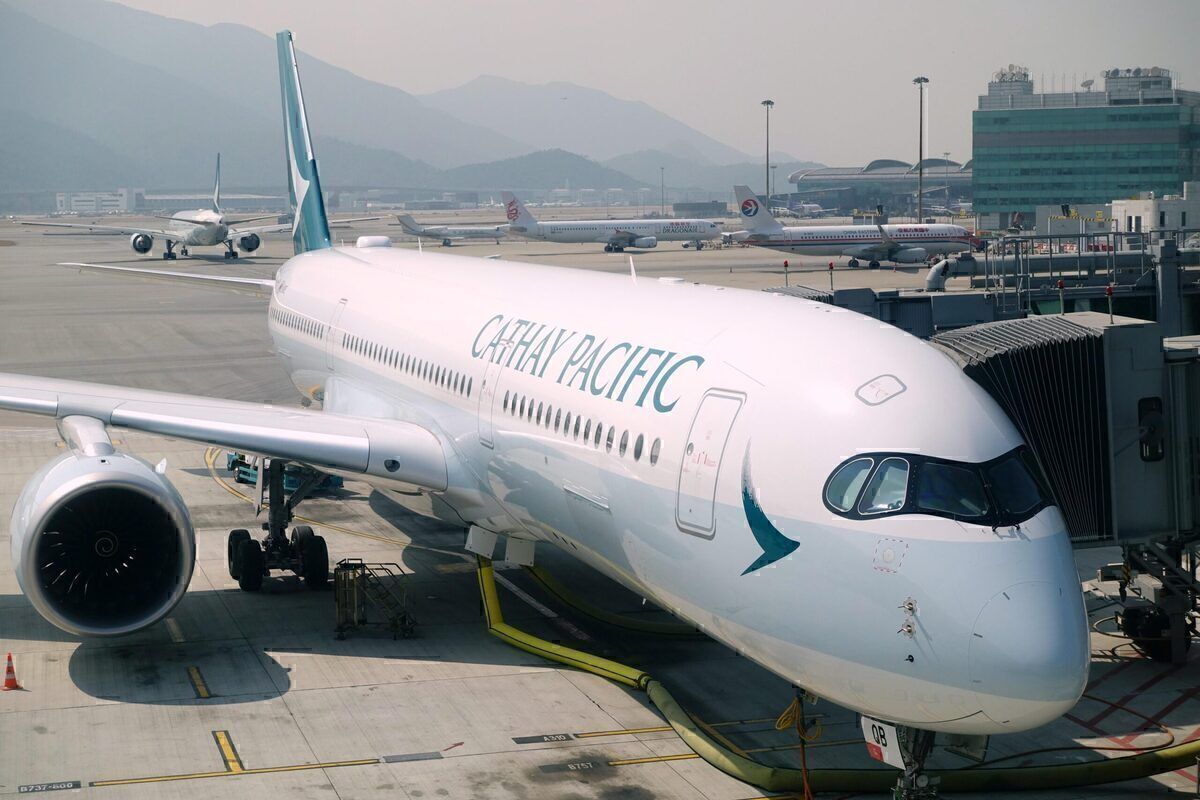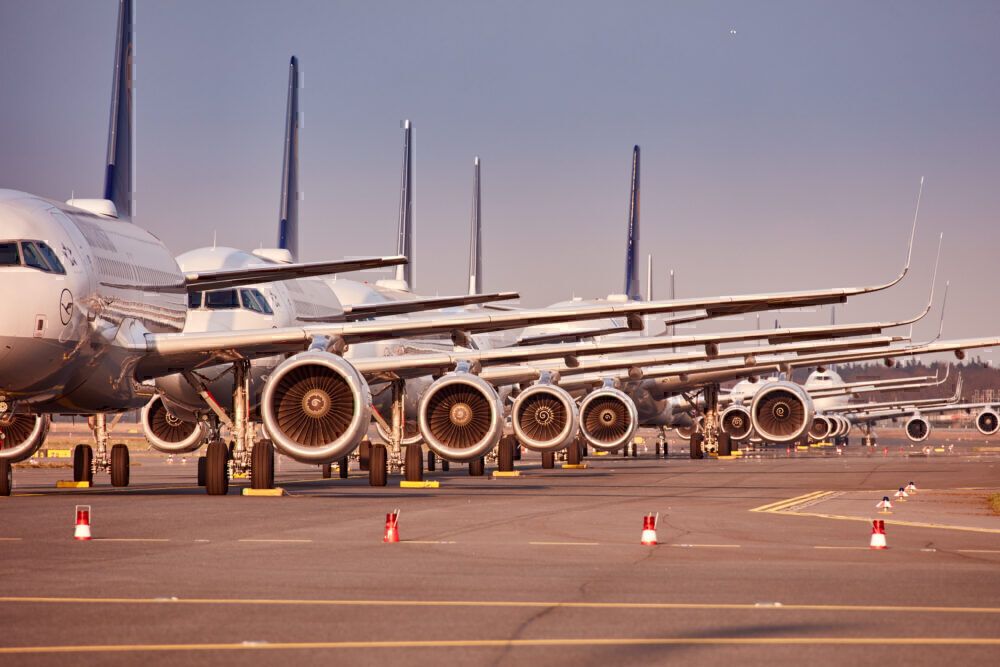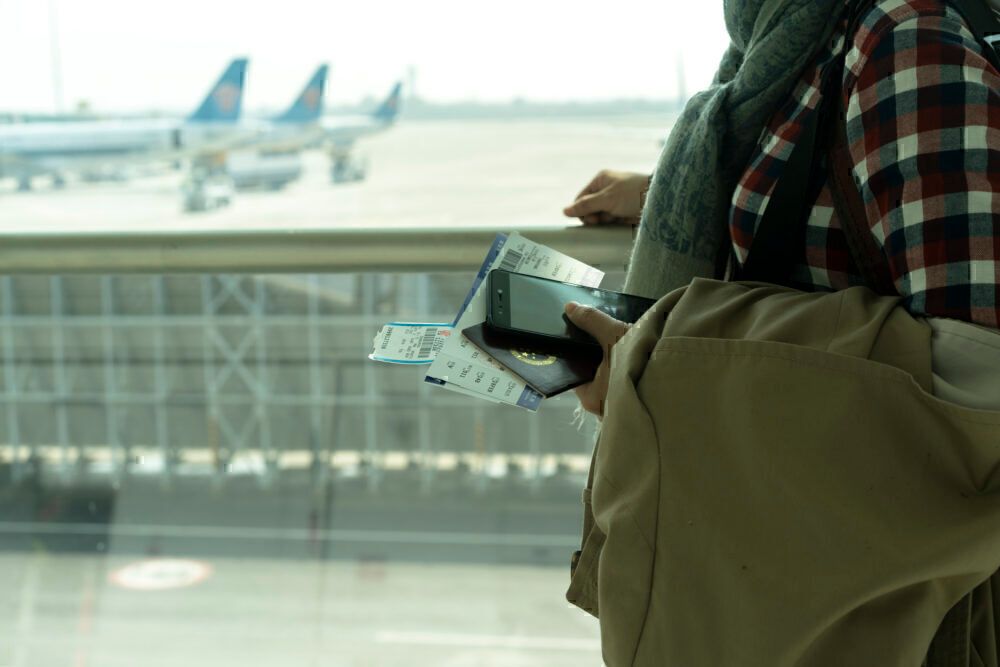Airlines still need more support – that’s the message being issued by the International Air Transport Association (IATA) right now. But what they don’t need is more debt burden and more loans to service as they emerge from the crisis. Other means of support are required, and for that, we could take some inspiration from the government of Hong Kong and why it purchased half a million plane tickets in the middle of the pandemic.
Stop bailing out, start stimulating
The aviation crisis that has been created by the pandemic has moved into its second stage. While airlines were, for most of this year, fighting simply to survive, now they can again begin to look to the future. With hopes of the vaccine restarting travel next year, now it’s just a case of getting over the final hump before aviation can begin to build back.
The International Air Transport Association (IATA) has made it fundamentally clear that, for most airlines, there’s still a financial gap. The association predicts the vaccine starting to have an effect by the fourth quarter of next year. Airlines have, on average, eight months of cash liquidity in the bank, some much less. This draws a question mark over whether all will survive to see the benefits of mass vaccination.
IATA has said all along that airlines will require one more injection of support to see them through this last period of difficulty. However, more bailouts would simply add to the debt burden, making it difficult for airlines to get back to profitability. IATA recommends, instead, looking to stimulate the marketplace in ways that don’t increase airline liability.
This is not an easy task and requires more thought than simply throwing money at air carriers on a deferred loan basis. For inspiration on one of the ways this could happen, we can look to Hong Kong and why its government bought up half a million plane tickets in April.
Hong Kong’s advance purchase scheme
In April 2020, the government of Hong Kong announced it would buy up 500,000 flight tickets directly from the city’s airlines. This was a package of financial support but done in such a way as to have a long term benefit rather than a long term burden for the carriers. In all, it cost the government HK$ 2 billion (around $260 million) to do this.
While that’s a mere drop in the ocean compared to the billions in bailouts some airlines have received, the clever thing about this move is that it will help re-ignite travel demand once the crisis is over. The 500,000 tickets will be distributed to Hong Kong residents and foreign visitors through a lucky draw, to be held once COVID is considered under control.
Not only is the funding burden-free for airlines, but it was also given out in a measured and considered way. The four local carriers were allocated funds based on the number of aircraft in their fleets and their traffic share in 2019. This means the cash would not distort competition in the long run, something that has become a major concern in areas like Europe, where airline bailouts have been largely unilateral from country to country.
Could something like this work in other parts of the world? Of course, it could! In Europe, in particular, getting people back in the skies by next summer is going to be critical if airlines are to be financially secure through the winter. An advance purchase and mass giveaway could serve to fuel the tourism industry, stimulating confidence and local economies in tandem.
What do you think about the Hong Kong scheme? Could you see it replicated in your local area? Tell us about it in the comments.



